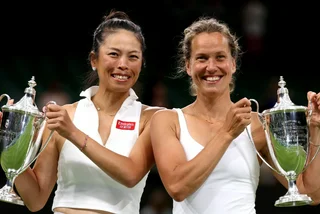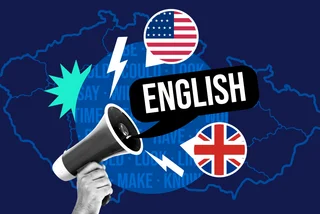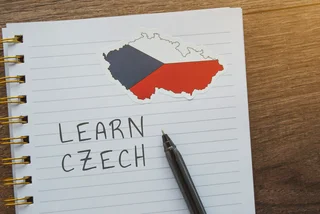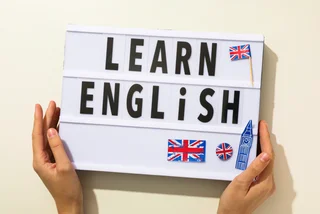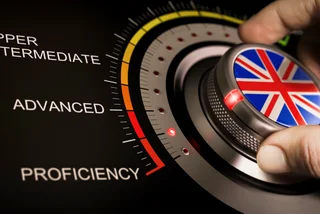A Czech legislative change that took effect in 2022 gives Czech women the right to take a masculine-form surname. Previously, those who wanted to drop the feminine “-ová“ suffix could only do so for practical reasons such as marriage to a foreigner or plans to live abroad.
When the amendment to the Registry Act went into effect in January of last year it was seen by many as a step forward for women's rights, while opponents saw it as a step back for Czech grammar. Despite the change, not many Czech women exercised their right to a surname change and, at least temporarily, the media fervor died down.
But questions surrounding the use of “-ová“ are back in play, this time among top Czech tennis players who say it's time for the practice of adding the suffix to all female players' names, regardless of nationality, to end, reports iDnes.cz.
Czech tennis legends weigh in
Czech tennis legends Petra Kvitová and Markéta Vondroušová told the publication that they are staunch supporters of retaining unaltered names when communicating with one another and during media interactions.
Kvitová expressed her discomfort with the practice. "It seems very strange to me. When I hear 'Gauffová' at home, I don't know who it is," the two-time Wimbledon winner said, referencing American player Coco Gauff.
Vondroušová echoed this sentiment, emphasizing the importance of adhering to players' real names. She believes that everyone, including media outlets and commentators, should follow this practice.
At least one media outlet agrees with Czechia's most decorated tennis players. Head of O2 TV Sport Marek Kindernay told the publication: "Czech is a beautiful language with many specifics, but there is no need to mince names." He emphasized the network's commitment to calling players by their actual names and pronouncing them correctly.
Michal Hrdlička, a commentator on the channel and husband of former world number one Karolína Plíšková, stands firmly in Kindernay's court. He points out that when female Czech players converse among themselves, they do not adopt the gender-inflected versions of foreign players' names.
Experts: Clarifying gender is important
Ivana Svobodová from the Czech Language Institute supports this traditional linguistic approach, emphasizing its importance.
Do you think Czech media and sports channels should apply the '-ová' suffix to non-Czech female last names?
"It's been part of our system since the 17th century, we've gotten used to it," she explains. The practice, it's argued, also helps avoid misunderstandings and clarifies gender in Slavic surnames like Azarenka or Svitolina, where the letter "a" is omitted.
But Radomír Novák, head of the sports department of the Czech Press Office, expressed concern about the trend in favor of the masculine form. He believes that it represents a form of disrespect for the Czech language, its roots, and its long-term development.
It's argued, however, that young Czech sports fans who increasingly follow news from tournaments in English struggle when trying to decipher names like Muguruzaová (Spanish-Venezuelan player Garbiñe Muguruza), Pavljučenkovová (Russian player Anastasia Pavlyuchenkova), or Haddadová Maiaová (Brazilian player Beatriz Haddad Maia) in their own language.
As the issue is volleyed back and forth between linguists and athletes, it's clear the discussion extends beyond tennis, serving up broader views on language preservation and gender norms and keeping the conversation about how Czechia talks about female athletes indefinitely in play.












 Reading time: 2 minutes
Reading time: 2 minutes 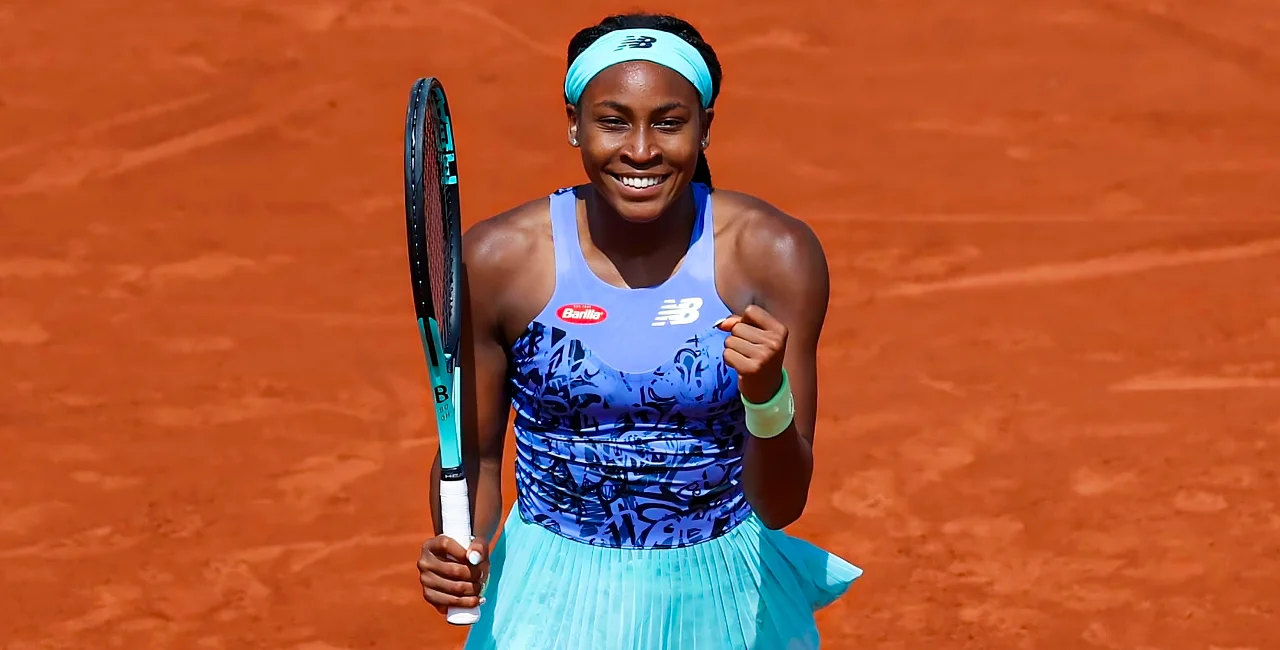



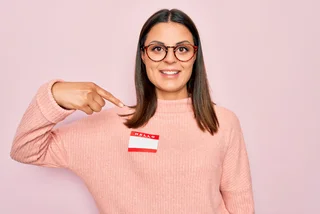
 English
(Advanced)
English
(Advanced)
